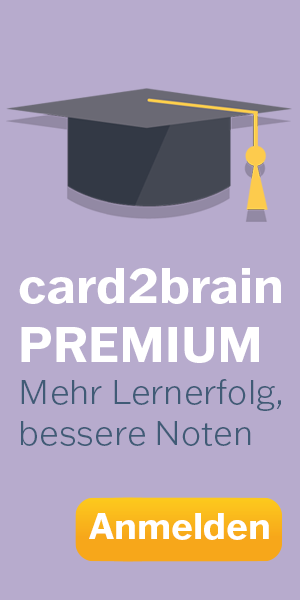Kurdish Sorani, Grammar
Learn kurdish sorani grammer.
Learn kurdish sorani grammer.
Kartei Details
| Karten | 62 |
|---|---|
| Sprache | English |
| Kategorie | Übrige |
| Stufe | Grundschule |
| Erstellt / Aktualisiert | 06.06.2021 / 11.01.2022 |
| Weblink |
https://card2brain.ch/box/20210606_kurdish_sorani_grammar
|
| Einbinden |
<iframe src="https://card2brain.ch/box/20210606_kurdish_sorani_grammar/embed" width="780" height="150" scrolling="no" frameborder="0"></iframe>
|
Lernkarteien erstellen oder kopieren
Mit einem Upgrade kannst du unlimitiert Lernkarteien erstellen oder kopieren und viele Zusatzfunktionen mehr nutzen.
Melde dich an, um alle Karten zu sehen.
that (demonstrative pronoun)
ئەوە
ئەوانە
those
5. Attributive Adjectives: The Open Adjectival Izâfa. The attributive adjective following a noun that is (1) absolute singular, (2) indefinite singular, or (3) indefinite plural is linked to the noun by the unstressed vowel i (called the izâfa vowel). The izâfa is written as ی added directly to words that end in joining letters or an alone ی after non-joining letters.
good hotel --> hotel i bash
Got it?
good hotel
هۆتێلی باش
hotel i bâsh
هۆتێلێکی باش
a good hotel
(some) good hotels
هۆتێلانی باش
hotelân i bâsh
نامەی درێژ
long letter
a long letter
نامەیەکی درێژ
nâmayèk i drezh
نامانی درێژ
(some) long letters
6. Possession: The Izâfa Construction. The same izâfa vowel i links the two parts of a possessive construction and is equivalent to the English ‘of.’
Got it?
the students of a school
کتاویەکانی قوتابخانەیەک
ktâwîakân i qutâbkhânayèk
دێەکەی ئەو پیاوە
that man's village
the houses of the men of the village
ماڵەکانی پیاوەکانی دێەکە
mâłakân i pyâwakân i deaká
دەرگاکەی چایخانەکە
the door of the teahouse
the lessons of this book
دەرسەکانی ئەم کتاوە
darsakân i am ktâwá
1. The Absolute State of the Noun. A Kurdish noun in the absolute state, i.e. without any ending of any kind, gives a generic sense of the noun. It is also the “lexical” form of the noun, i.e. the form in which a noun is given in a vocabulary list or dictionary. The absolute state is normally used for the generic sense, as in قاوه رهشه qâwa rash a ‘coffee is black’.
got it?
2. The Indefinite State. The sign of the indefinite singular (‘a, any, some’) is an unstressed enclitic -(y)èk (i.e. ێک -èk after consonants and یهک -yèk after vowels) added to the end of the absolute singular noun. For example:
pyâw ‘man' --> pyâwèk 'a man'
Among the modifiers that demand that a following noun be indefinite are chand ‘a few', hamû ‘every', chi ‘what?', and har ‘each.'
chand pyâwèk 'a few men'
The construction ...i zor ‘many, a lot of’ also takes a preceding indefinite singular noun:
kurdèk i zor 'a lot of Kurds '
The indefinite plural is formed by adding -ân to the absolute singular. If the absolute singular ends in -â, the indefinite plural ending is -yân. Nouns with absolute singulars ending in -a, like nâma 'letter', form the indefinite plural by dropping the final -a and adding -ân.
pyâw --> pyâwân '(some) men'
got it?
3. The Definite State. Singular nouns are made definite (‘the’) by adding the suffix -(a)ká (i.e. -aká after consonants, u, e, and î, and -ká after the vowels a, â, and o).
pyâw 'man' --> pyâwaká 'the man'
The definite plural is made by adding (a)kân to the singular, i.e. by changing the -(a)ká of the definite singular to -(a)kân.
pyâwaká 'the man' --> pyâwakân 'the men'
got it?
coffee
قاوه
qâwa
Lizenzierunga coffee
every coffee
هاموو قاوهیێک
Lizenzierungman
پیاو
pyâw
Lizenzierungday
door
دهرگا
dargâ
Lizenzierungletter
پیاوێک
Lizenzierunga man
a day
رۆژێک
rozhèk
Lizenzierungده رگایه ک
a door
Lizenzierunga letter
نامهیهک
nâmayèk
Lizenzierungچهند پیاوێک
Lizenzierunga few men
-
- 1 / 62
-
